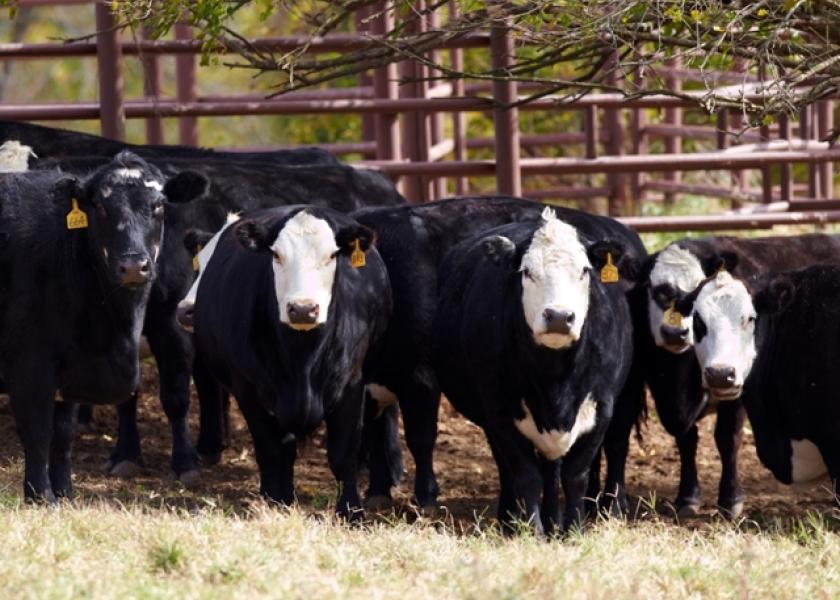
Three States Undertake Joint Project to Prepare for Foreign Animal Diseases that Could Impact U.S.
Foot-and-mouth disease is a severe and fast-spreading viral disease that can affect all cloven-hoofed animals.
The disease was discovered in the U.S. in 1870 but was eradicated in 1929, according to the USDA Animal and Plant Health Inspection Service. The disease is present in nearly 70% of cloven-hoofed animals worldwide., but it hasn’t made a return to the U.S. — yet.
Three States Involved
The goal of a new project led by Oregon State University Extension Service is to create a fast-acting information network among Cooperative Extension livestock specialists and veterinarians in the departments of agriculture in three western states — Oregon, California and Idaho — to prepare for foreign diseases such as foot-and-mouth.
Sergio Arispe, OSU Extension livestock and rangeland field faculty in Malheur County and associate professor in the College of Agricultural Sciences, has been awarded nearly $75,000 to work on the project.
The grant, provided through the Western Extension Risk Management Education Center through USDA’s National Institute for Food and Agriculture, comes at a good time, Arispe states, considering the recent development of highly pathogenic avian influenza crossing over into the nation’s dairy cattle population.
The project aims to mitigate profit, production and financial risk to cattle producers in the case of a foreign transmitted animal disease, such as foot-and-mouth, by collaborating with state veterinarians and Beef Quality Assurance coordinators and trainers to increase trainings and certifications.
The goal is to reach at least 500 cattle producers across the three states, Arispe says.
‘Train The Trainer’
The Beef Quality Assurance program, developed by the National Cattlemen’s Beef Association, is meant to promote safe and wholesome beef. Major beef packing plants require best practices, taught through the Beef Quality Assurance curriculum, to inherently mitigate risks and maximize profits for cattle producers.
The project is using a “train the trainer” model for Cooperative Extension employees who can further broadcast the information through their networks to cattle producers before a potential outbreak.
The trainings will include presentations and updates to the current Beef Quality Assurance curriculum. The trained Cooperative Extension agents from these workshops will go on to present at state cattlemen’s association meetings and work locally with producers.
Questions about this Article?:

Copyright © 2021-2025. All rights reserved
This website stores cookies on your computer. These cookies are used to collect information about how you interact with our website and allow us to remember you. We use this information in order to improve and customize your browsing experience and for analytics and metrics about our visitors on this website. To find out more about the cookies we use, see ourPrivacy Policy.